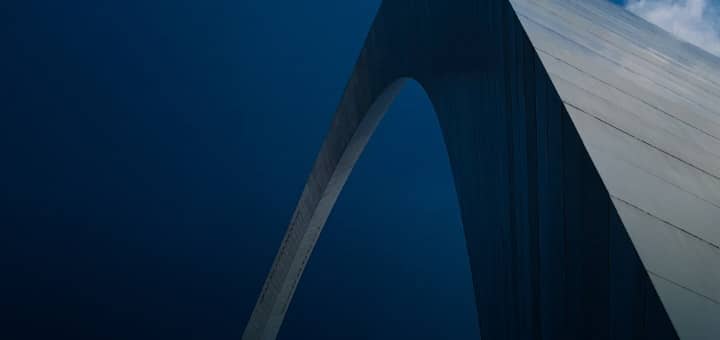Back and neck pain are one of the most common causes of temporary disability and chronic pain, impacting range of motion, mobility, work capability, and all aspects of daily life. Unfortunately, many car accident victims experience back and neck pain for months or longer after the crash, with significant disability. One of the most common injuries from collisions is a herniated disc. The lower and middle back are the most common sites for herniated discs, but they can also occur in the neck. How do car accidents cause herniated discs in the spinal column?

Understanding the Impact of Crash Force on the Spinal Column
While seatbelts irrefutably save lives by preventing ejection from the vehicle, they also result in specific injuries, especially to the body’s structural support system—the spinal column. During a collision, a motorist’s body continues moving forward at the speed the car was traveling until the seatbelt locks into place and snaps them back against the seat. This crash force effect transforms a 145-pound person into a 5,070-pound force during a car accident at only 35 miles per hour, placing tremendous stress on the spinal column as the body snaps back and forth. Herniated discs are frequently caused by this effect during car accidents.
What Is a Herniated Disc and How Do You Recognize the Symptoms?
The bones of the spinal column are separated by cushioning discs filled with a thick, jelly-like substance to allow for flexibility. A herniated disc occurs when a sudden force causes the cushioning disc to crack or rupture, allowing the inner material to bulge outward and press on the surrounding nerves. The symptoms of a herniated disc include the following:
- Persistent pain in the lower back, middle back, or neck
- Stiffness, or pain that worsens with positional changes or movement, such as sitting, standing, or walking
- Numbness or tingling in the upper extremities (with herniated discs in the cervical spine) or lower extremities (with herniated discs in the lower spine)
- Muscle spasms
Less commonly, a herniated disc in the lower back can lead to loss of bladder control due to pressure on the nerves in the area. Herniated discs in the cervical spine (neck) also cause headaches and difficulty with focus, memory, and concentration. This sometimes results in a misdiagnosis of whiplash, an injury to the soft-tissue structures of the neck.
Treating a Herniated Disc Injury After a Car Accident
The pain, stiffness, and other symptoms of a herniated disc interfere with quality of life, mobility, and mood. Fortunately, this type of injury is treatable with a variety of therapies depending on the injury’s severity. Treatment could include non-surgical options like steroid injections, anti-inflammatory medications, and physical therapy, or surgery, such as a discectomy to remove the ruptured material from the spinal column to relieve pressure on the nerves.
Recovering Compensation for a Herniated Disc After a Car Accident
In states like Missouri, with fault-based accident laws, an injury victim can recover compensation for car accident-related expenses, such as medical bills, lost wages, and pain and suffering, by filing a claim against the at-fault driver. A successful personal injury claim that recovers the maximum amount of compensation available requires careful navigation, with compelling evidence of the other driver’s negligence and liability, as well as proof of the injury victim’s medical expenses and other adverse consequences of the herniated disc injury.

